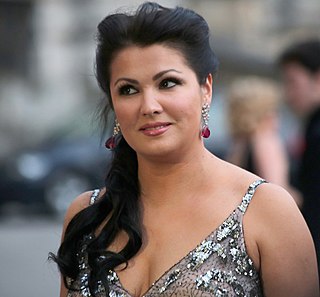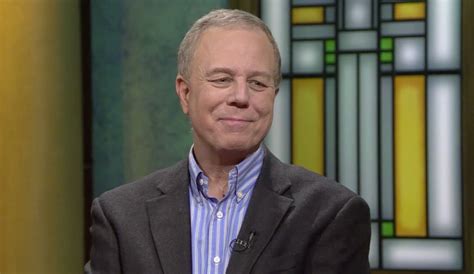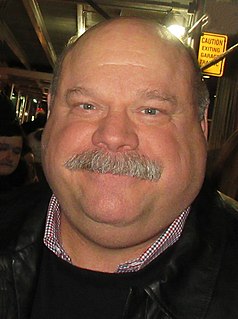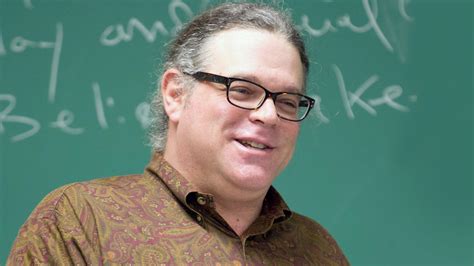A Quote by Diane Paulus
Art cannot be looked at as an elite, sacred event anymore. It has to be embraced as an accessible, popular form, which is what I believe theater is at its roots.
Related Quotes
If you're a fan of American roots music, you won't want to miss 'Awake My Soul--The Story of the Sacred Harp.' Filmmakers Matt and Erica Hinton have done a fine job capturing the history, sound and spirit of this unusual but compelling art form that, trust me, you don't have to be religious to appreciate.
Life is sacred. Life is art. Life is sacred art. The art of sacred living means being a holy actor, acting from the soul rather than the ego. The soul is out of space and time and hence always available, an ever-present potential of our being. It is up to each of us to celebrate and to actualize our being and to turn each meal, conversation, outfit, letter, and so on, into art. Every mundane activity is an opportunity for full authentic self-expression. The soul is our artistic self, our capacity for transforming every dimension of our lives into art and theater.
Surely the memory of an event cannot pass for the event itself. Nor can the anticipation. There is something exceptional, unique, about the present event, which the previous, or the coming do not have. There is livingness about it, an actuality; it stands out as if illumined. There is the "stamp of reality" on the actual, which the past and future do not have.
Cinema is a kind of pan-art. It can use, incorporate, engulf virtually any other art: the novel, poetry, theater, painting, sculpture, dance, music, architecture. Unlike opera, which is a (virtually) frozen art form, the cinema is and has been a fruitfully conservative medium of ideas and styles of emotions.
It's impossible to say that live art enjoys any single status in the information age--there are versions of live art that are still primarily art-world phenomena, others that appeal to much broader audiences. The Burning Man festival is a case in point--an event featuring performance that is itself a performance, which partakes simultaneously of frontier mythology, a counter-cultural impulse, and popular cultural visibility.
There is some confusion as to what magic actually is. I think this can be cleared up if you just look at the very earliest descriptions of magic. Magic in its earliest form is often referred to as “the art”. I believe this is completely literal. I believe that magic is art and that art, whether it be writing, music, sculpture, or any other form is literally magic.






































